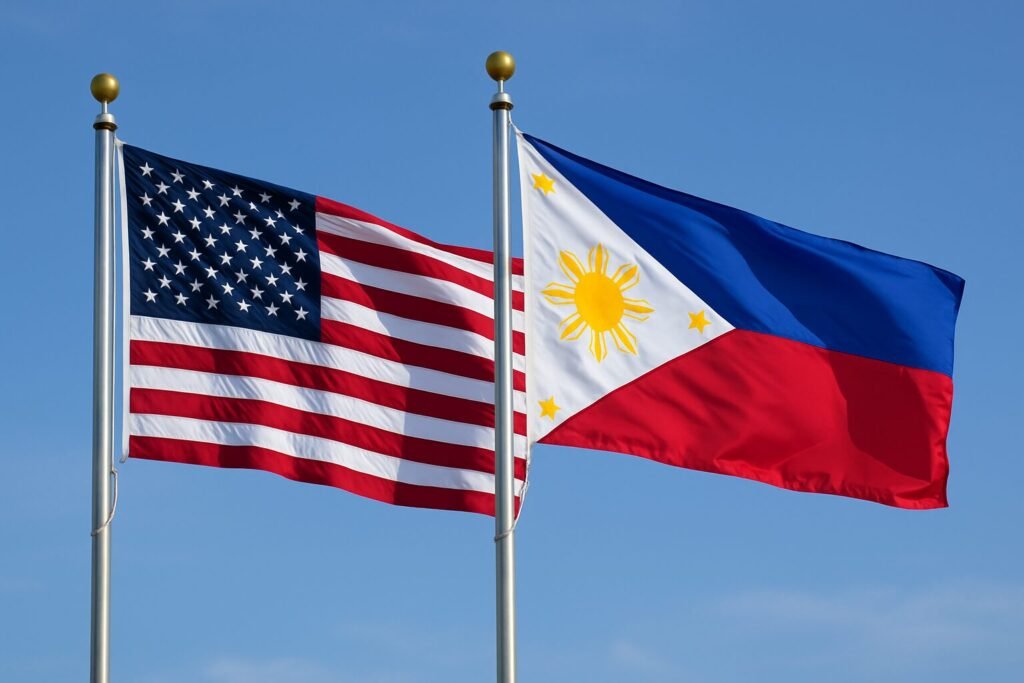WASHINGTON, D.C. — A viral social media claim alleging that the Trump administration is forcing Americans with dual citizenship to choose one nationality—or risk losing both—has been thoroughly debunked by legal experts, federal agencies, and independent news organizations.
Despite widespread online sharing, there is no executive order, federal law, or government directive requiring dual citizens to renounce any of their nationalities.
In a recent fact-check, Reuters reported:
“There is no known effort to end dual citizenship in this country.”
The outlet confirmed that “no such post about dual citizenship appears on Trump’s official Truth Social account.”
According to the U.S. Department of State, dual nationality is legally permitted:
“U.S. law does not require a U.S. citizen to choose between U.S. citizenship and another nationality… A U.S. citizen may naturalize in a foreign state without any risk to their U.S. citizenship.”
Executive order on birthright citizenship is real — and blocked
While the dual citizenship rumor is false, the Trump administration has issued a real and controversial executive order that targets future birthright citizenship — a move now under court review.
On January 20, 2025, President Trump signed Executive Order 14160, which seeks to limit automatic U.S. citizenship to children born in the United States only if at least one parent is a U.S. citizen or lawful permanent resident.
This order challenges the long-standing interpretation of the 14th Amendment, which guarantees citizenship to “all persons born or naturalized in the United States.”
Legal scholars point to the 1898 Supreme Court ruling in United States v. Wong Kim Ark, which affirmed birthright citizenship for children born on U.S. soil regardless of their parents’ immigration status. Critics of the new order argue that it directly contradicts constitutional protections.
Federal courts halt enforcement — for now
Multiple lawsuits were filed shortly after the order’s signing. A federal judge in California issued a preliminary injunction blocking its implementation, calling it likely unconstitutional. The case is expected to move through the federal appellate system and could reach the U.S. Supreme Court.
As of June 25, 2025, Executive Order 14160 is blocked and not in effect.
The order does not revoke citizenship for anyone already born in the U.S. It applies only to future births and only if it survives judicial review.
What this means for the Filipino American community
Filipino Americans with dual citizenship — such as those holding both U.S. and Philippine nationality — are not affected by the executive order.
Children already born in the U.S. retain full citizenship rights, regardless of their parents’ immigration status.
No legislation or executive action currently threatens the legal recognition of dual citizenship in the United States.
The bottom line
Claims that Americans must give up dual citizenship are false and have no legal or policy basis.
A separate Trump administration policy aimed at restricting future birthright citizenship has been blocked by federal courts and is not in effect.
Immigration attorneys and legal scholars continue to urge the public to verify legal claims through official government websites or licensed professionals — not social media memes or unverified viral posts.
For accurate immigration updates, visit travel.state.gov or uscis.gov.











